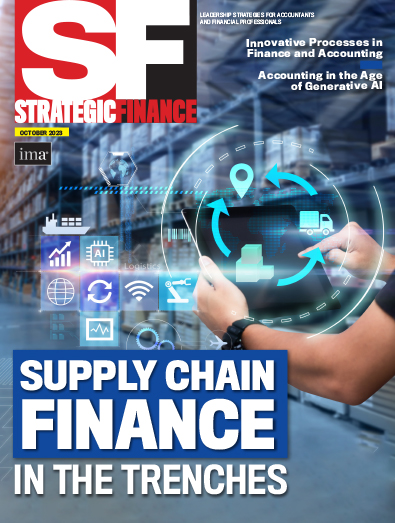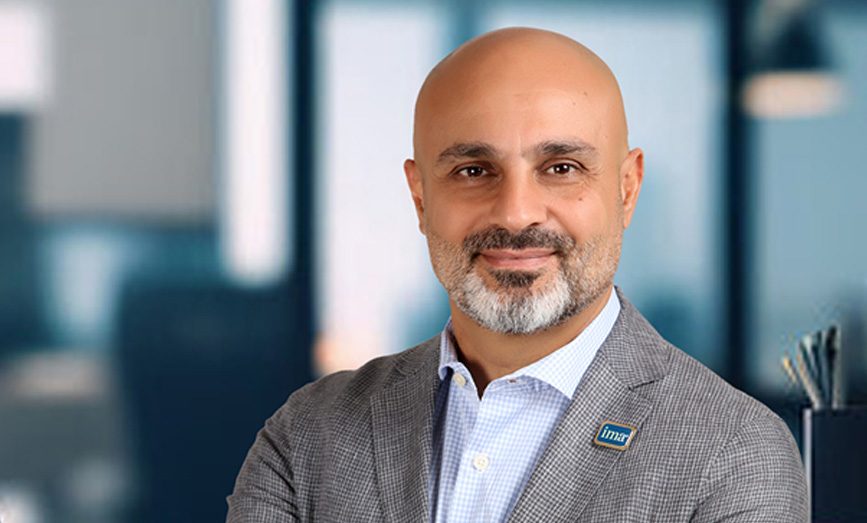The piece of advice I wish I could’ve given my younger self when I was starting out in my career is have patience, patience, and more patience. But don’t settle for a position that doesn’t fit your skills, experience, and professional aspirations or where you aren’t being treated well.
My first full-time job was with Emirates Airlines as a cabin crew member. One of the best perks of this role was meeting passengers and colleagues from all over the world from various backgrounds and upbringings. I learned about the many differences in cultures and how to respect them all. Most jobs require strong communication skills, and this job working as a flight attendant became the pillar and backbone for the rest of my career to date.
That first job wasn’t my dream job. It actually wasn’t even a job I was looking for. It’s okay to not get your dream job straight out of college. There are many skills for early-career professionals to learn, and I learned a whole lot from that experience in the airline industry.
Pros and Cons of Strategic Consulting
After that, I worked as a turnaround and strategy consultant and education professional. These roles had pros: Being in the professional education industry and acting as a turnaround consultant for businesses, people depend on you. It’s rewarding to see your suggestions and lessons implemented and your efforts bear fruit. When your company and client express sincere appreciation for you at the end of each engagement, it’s a huge morale boost. It’s also a job that can make you feel valued. You get to work with experienced, competent people and learn from them. You may even get promoted to roles with strategic decision-making responsibilities faster than a typical career path.
These roles also had cons: Unpredictability is annoying sometimes. Especially since the start of the pandemic, corporations needed to quickly implement new technologies, strategies, and tactics to better adapt to the fast-changing world. This often requires some employees to work long hours and, for most client-facing roles, to travel often. For example, you’ve planned a dinner with your family or friends, but suddenly you must cancel on them either because you need to work more hours or have to travel on the next flight out. Moreover, your company and clients depend on you and expect you to make a difference, which comes with lots of pressure.
Tips for Aspiring Accountants
Many college graduates are understandably worried about their career prospects, but there are some clear advantages for those who choose to become management accounting and finance professionals in business. Currently there’s a global shortage of highly skilled candidates in the profession. Businesses are increasingly seeking qualified numbers-savvy individuals to provide expertise to guide them through these difficult economic times to achieve long-term, sustainable success. This has created an environment where management accounting and finance professionals in business are in demand.
Professional designations such as the CMA® (Certified Management Accountant) and CSCA® (Certified in Strategy and Competitive Analysis) aren’t just about accountancy. They provide the skills and knowledge to help students become the business leaders of the future. In essence, CMAs and CSCAs are sought after because they use their financial, management, strategic planning, and analytical skills to add value to organizations and help drive them to greater success. The CMA and CSCA are both credentials that are recognized across international borders because of their global relevance.
Seize opportunities that come your way. That doesn’t mean you should settle for the first opportunity that presents itself, though. Envision future positions that you’d like, set professional goals, determine what you need to do and the skills and experience that you need to get there, and start acting accordingly. Take your career journey one step at a time.
Skills that Early-Career Employees Need
After entering the workforce, you’ll find that some information you learned in college has become obsolete. That’s why it’s important to learn new skills on the job and pursue continuing professional education to upskill yourself.
You’ll learn how to bounce back after you fail and turn failure into a new beginning. To quote former U.S. President Theodore Roosevelt, “The only man who never makes a mistake is the man who never does anything.” Learn as much as you can from each job, and often you can learn the most from making mistakes. Analyzing what led to a misstep and thinking about what you could’ve done differently will prepare you for better opportunities.
Prioritize networking. You’ll eventually realize how important this is in your career. Versatility and flexibility are virtues. Don’t limit yourself to one thing that you think you want to do for the rest of your life. You might be forced to shift your focus or change roles at some point in your career due to multiple factors. You’ll need to adapt quickly, and this will help you to recover from setbacks and take advantage of unanticipated opportunities.
Understand Cultural Differences
Cultural differences impact everything from communication style, work ethic, and problem-solving techniques to business practices, norms, and values, and these differences can create challenges and opportunities for businesses operating on a global scale. Without understanding these cultural differences, professionals run the risk of miscommunication, misunderstandings, and even lost business.
For those working at a multinational for-profit corporation, understanding cultural differences is critical for business development, customer acquisition, and successful negotiation. It also helps in building positive relationships with employees from different cultural backgrounds and creating a diverse and inclusive work environment. Those working at a global not-for-profit organization need to understand cultural differences to successfully achieve its mission and effectively work with diverse populations. Understanding cultural differences is a vital competency for professionals working at any global organization striving for success and sustainability in today’s interconnected world.

October 2023




